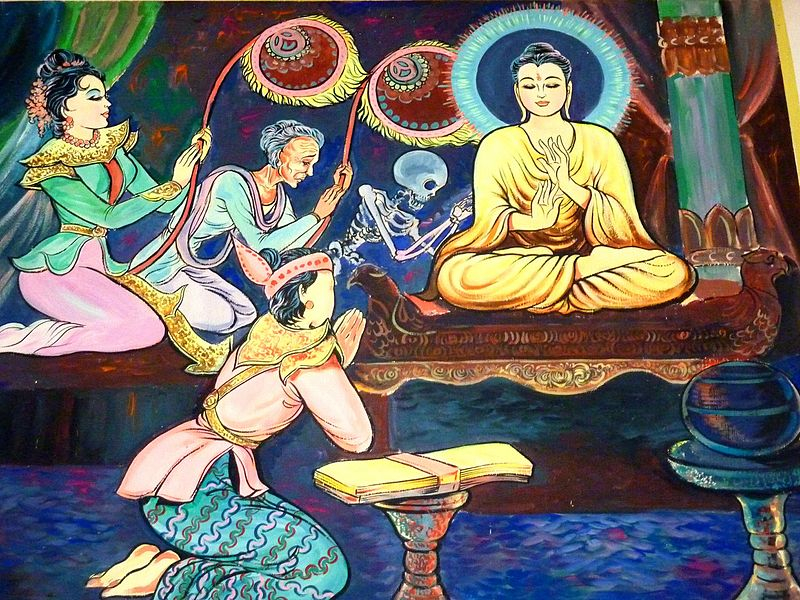Impermanence
Within Buddhism, the understanding prevails that all conditioned phenomena, encompassing life and death, are inherently transient. This comprehension of impermanence (Anicca) fosters an acceptance of death as an intrinsic facet of the cyclical nature of existence.
A fundamental lesson in Buddhism emphasizes that suffering arises from attachment to impermanent elements. Regarding death, the inclination to attach oneself to the concept of an enduring self and relationships, possessions, and experiences can magnify the anguish linked to bereavement. Acknowledging impermanence prompts individuals to nurture detachment, thereby mitigating the extent of suffering experienced when confronting death.
Within certain Buddhist traditions, comprehending impermanence and the cycle of rebirth drives practitioners to nurture benevolent karma and partake in virtuous endeavors. This groundwork is considered significant not solely for the current existence but also for influencing the circumstances of subsequent lifetimes.
Essentially, impermanence operates as a prism through which Buddhists perceive death, molding their outlooks, convictions, and practices concerning mortality, passing away, and the afterlife. By embracing impermanence and seamlessly incorporating it into their worldview, Buddhists aspire to uncover purpose and metamorphosis even when confronting the inevitability of death.












